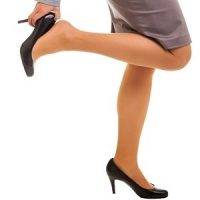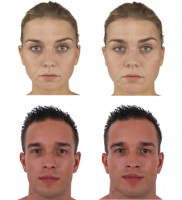October 2, 2016
Apple HQ + Limits of workplace design + Workplace effectiveness 0
 In this week’s Newsletter; Tim Oldman argues that businesses are failing to understand the basis of workplace effectiveness; Mark Eltringham looks at ways of using workplace design to influence the feelings and behaviour of others; and takes part in a podcast with Hari Kalymnios, author, trainer and Leadership Speaker at The Thought Gym. HSBC moves 300 staff into a coworking space in Hong Kong; Apple reveals it is to occupy the redeveloped Battersea Power Station and post-Brexit employment levels maintained by the growing gig economy. The global introduction of sustainable building regulations remains slow; the UK’s commercial property market remains robust in the wake of the vote to leave the European Union; and evidence that offering flexible working to Mums could boast the economy by billions. Download our new Briefing, produced in partnership with Boss Design on the link between culture and workplace strategy and design; visit our new events page, follow us on Twitter and join our LinkedIn Group to discuss these and other stories.
In this week’s Newsletter; Tim Oldman argues that businesses are failing to understand the basis of workplace effectiveness; Mark Eltringham looks at ways of using workplace design to influence the feelings and behaviour of others; and takes part in a podcast with Hari Kalymnios, author, trainer and Leadership Speaker at The Thought Gym. HSBC moves 300 staff into a coworking space in Hong Kong; Apple reveals it is to occupy the redeveloped Battersea Power Station and post-Brexit employment levels maintained by the growing gig economy. The global introduction of sustainable building regulations remains slow; the UK’s commercial property market remains robust in the wake of the vote to leave the European Union; and evidence that offering flexible working to Mums could boast the economy by billions. Download our new Briefing, produced in partnership with Boss Design on the link between culture and workplace strategy and design; visit our new events page, follow us on Twitter and join our LinkedIn Group to discuss these and other stories.




































October 4, 2016
Motherhood or livelihood? Pregnancy discrimination in the workplace 0
by Tar Tumber • Comment, Legal news, Wellbeing, Workplace
Recent research by the Commons Women and Equalities Committee suggests that around 54,000 expectant and new mothers have no choice but to leave work due to pregnancy discrimination or concerns over the safety of their children; and shockingly, this figure has doubled in the last decade alone. Other research carried out by the Equality & Human Rights Commission (EHRC) and the former Department for Business, Innovation and Skills shows that despite 77 percent of working mothers reporting potentially discriminatory or negative experiences, only 28 percent raised the issue with their employer, and less than 1 percent pursued a claim through the tribunal system. As a mother of two young children, this is a topic very close to my heart. I have worked in HR for over 18 years now, and advised on all manner of employee relations issues and know from personal experience that being pregnant and suffering discrimination or redundancy is not at all unusual.
(more…)